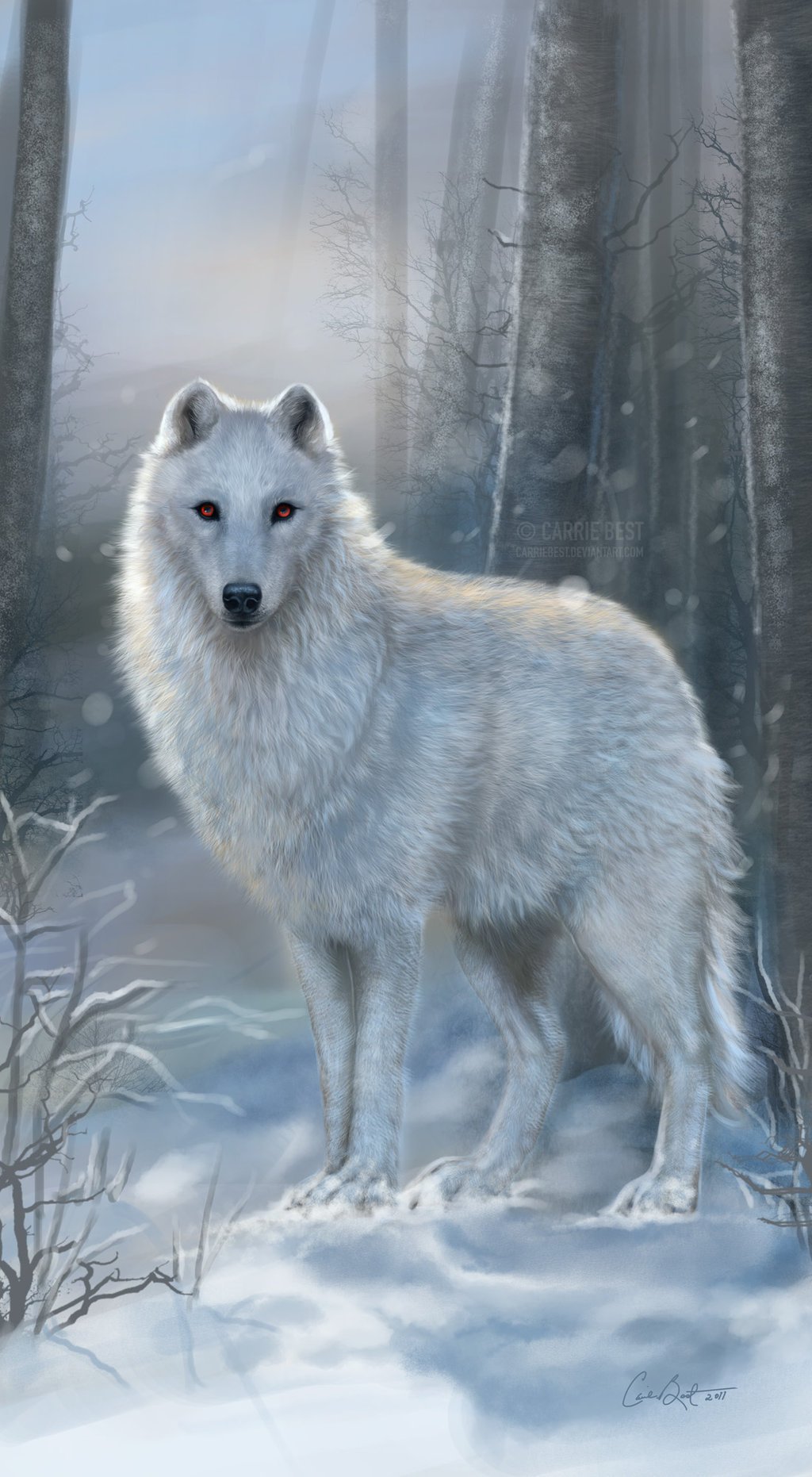
Wraith: The Oblivion rejects the metabiological foundations of her ethics, with characters being ghosts who find values to pursue that don't relate to survival or life. Vampire: The Masquerade rejects her politics and ethics, focusing on a race of beings who live by preying on humanity rather than trading with it. Werewolf: The Apocalypse opposes her economics, with stories of heroic lycanthropic eco-guerrillas at war with big business and industry. Changeling: The Dreaming rejects her aesthetics, saying that beauty comes solely from deception and illusion, and any concern with facts represents being enslaved by banality. I had the ironic thought, some years ago, that the initial series of World of Darkness games might almost have been written as a systematic philosophical rejection of all of Ayn Rand's ideas. White Wolf labeled its worlds and its aesthetic as "gothic-punk": its settings might be shadowed and obsessed with ancient history, but they also were corrupt and violent, giving both character-focused and action-focused players something to work with. White Wolf brought a new style of play to gaming, owing almost nothing to the older hobby of wargaming, and a great deal to live theater and it brought in a new player population, including a larger proportion of women.

This began with Vampire: The Masquerade, which rode on the popularity of Anne Rice's vampire novels, in the same way that Dungeons and Dragons rode on the post-Tolkienian wave of fantasy in the late 1960s and early 1970s. Mage: The Ascension was part of the first World of Darkness series (1991-2004) from White Wolf Game Studio.

World of Darkness roleplaying game series Kathleen Ryan, Allen Varney, & Teeuwynn Woodruff

Mage: The Ascension - White Wolf Game Studio īy Phil Brucato, Brian Campbell, Deena McKinney,


 0 kommentar(er)
0 kommentar(er)
